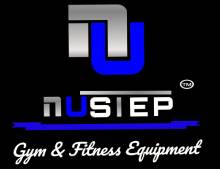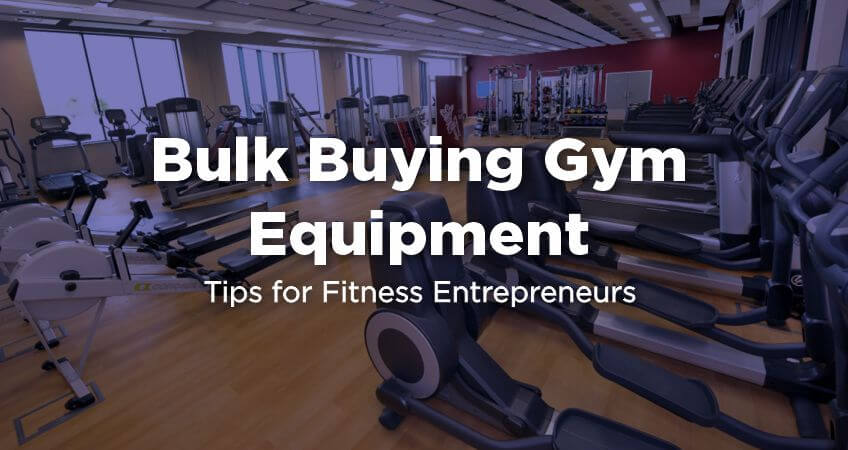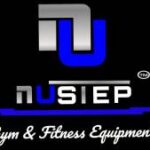As a fitness entrepreneur, your main asset and major expense will be exercise equipment within your health facility. If you are starting a new gym or you are increasing the size of the gym you already have, you should order your equipment in large quantities. One significant benefit of phyletic approaches is that they are cheaper, maintain control of quality, and enable you to maximize their utility from your investment. However, in fact, buying wholesale gym equipment also involves some deliberate planning and a definite strategy, as well as avoiding some elementary errors.
In this guide, we will take you through the most essential tips that you need to follow when buying Gym Equipment in bulk.
1. Know Your Audience and Space
So, first and foremost, you must know who your target audience is and how much space you have.
a) Who are your clients? Are they professional players, adopted sportspeople, or people who simply exercise?
b) Which types of workouts are favorites? Did your clients enroll for strength training, cardio, or flexibility training?
This will enable you to select fitness equipment that fits your needs, as outlined above. Getting to know these details will assist you in making the right choice. Secondly, evaluate the floor area at your gym. Ensure that there is enough space for the equipment you are going to use so that you can move comfortably without posing any harm to yourself.
2. Prioritize Essential Equipment
It is recommended that essential equipment be concentrated while purchasing large quantities. In this way, you make sure that your gym is equipped and everything needed by the clients is available.
a) Treadmills, bikes, and rowing machines, both indoor and outdoor, are part of the equipment required for any gym.
b) Weights and other strength training apparatus should definitely be on your list, especially such as dumbbells, barbells, and weight training equipment.
c) Some equipment, such as kettlebells, resistance bands, and medicine balls, used in functional fitness training are also essential to have in any gym.
After making these general concerns, you can proceed to add more specific ones depending on the type of audience you are catering to.
3. Research Suppliers Thoroughly
Selecting the correct supplier is very important when it comes to buying gym equipment wholesale. The quality, customer service, and warranties provided by suppliers differ in the market to a certain extent.
a) Read reviews: The supplier’s reputation can give an insight into what customers have to say about them, and that can be found on the internet through reviews and testimonials.
b) Compare prices: Do not accept the first price given to you. Before ordering, try to retrieve prices from different vendors because you may be charged more, although the product may be the same.
c) Ask about warranties: Ensure that the supplier has given warranties on their equipment to cover their value in case when they fail.
Before making a purchase, one can spend some time trying to find out which kind of equipment is the best so that one will not regret it later because it is made of low-quality material that requires frequent repair.
4. Negotiate for Better Deals
Buying in large quantities enables you to bargain with the suppliers. Do not hesitate to negotiate for lower pricing or more service inclusions.
a) Request discounts: It is common knowledge that most suppliers are willing to give discounts to anyone who wants to order in large quantities.
b) Ask for free shipping: Transportation of heavy equipment is costly and can result in high shipping costs. You also have to note that whenever you are able to negotiate for free or cheap shipping, most of the time, it will cost you a lot.
c) Seek extended warranties: Request the supplier to add a longer warranty to the deal to fit the specifications’ quality assurance.
They cannot decline your offer by stating you have none. However, they are willing to listen and negotiate if you are purchasing in bulk.
5. Consider Financing Options
Fitness equipment is costly, and it may not be possible for a fitness entrepreneur to make a full payment for the equipment. That is why you can find ways of financing to benefit from it.
a) Leasing options: There are supply leasing options, which means that you pay for the equipment in installments over a certain period.
b) Business loans: The majority of the available business loans cover purchases such as gym equipment, pressure, and style.
c) Payment plans: What may work for the other suppliers or sellers is having a flexible payment structure that will allow bulk buying at different intervals.
Balance yourself to look for appropriate financing that will suit your business without compromising your budget tightly.
6. Inspect the Equipment Before Purchase
However, even when purchasing in bulk, you are advised to examine the equipment before making your purchase.
a) Check for quality: Make sure it is constructed of solid parts and will not deteriorate quickly.
b) Test for functionality: If possible, perform a basic check to see that it aligns with the purpose for which it is intended.
c) Look for safety features: Unfortunately, gym equipment should be designed with safety considerations, such as emergency stops on treadmills.
You should, therefore, closely examine any fitness equipment prior to renting to avoid falling into a worse-off situation than before and also get the best equipment for a particular job.
7. Plan for Maintenance
Bulk buying simply implies that you will have many equipment in your stock, and this will require regular maintenance. As the information obtained proved, even if the equipment is top-notch, a lack of proper care can lead to extremely fast wear.
a) Schedule regular maintenance checks: Routine audits help detect minor problems before they worsen and cause huge losses or, at least, financial strains.
b) Train staff on proper use: It is understood that equipment performs well If used appropriately; therefore, it is crucial to train your team.
c) Set aside a maintenance budget: You should be sure to save for repairs or replace any equipment that might have broken down to avoid being stranded.
To conclude, by adapting plans, you effectively increase the life span of your equipment and prevent incurring more expenses in the long run.
The Closing Note
Buying gym equipment in large quantities is often inexpensive, especially for individuals starting a gym or wishing to expand an existing gym business. However, time and effort need to be spent, and one must be cautious in planning. Therefore, if you are aware of your gym’s requirements, provide an appropriate budget, and, of course, be focused on quality, then you will not make the mistakes mentioned above. Remember, people, the equipment in your gym is a mirror of your business. Make sure it’s A-grade, varied, and accurate to ensure clients come back.
By considering the above tips, you will be in an excellent position to have a gym that is set for future success.


